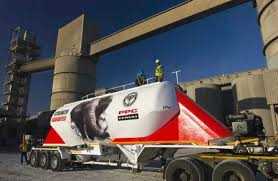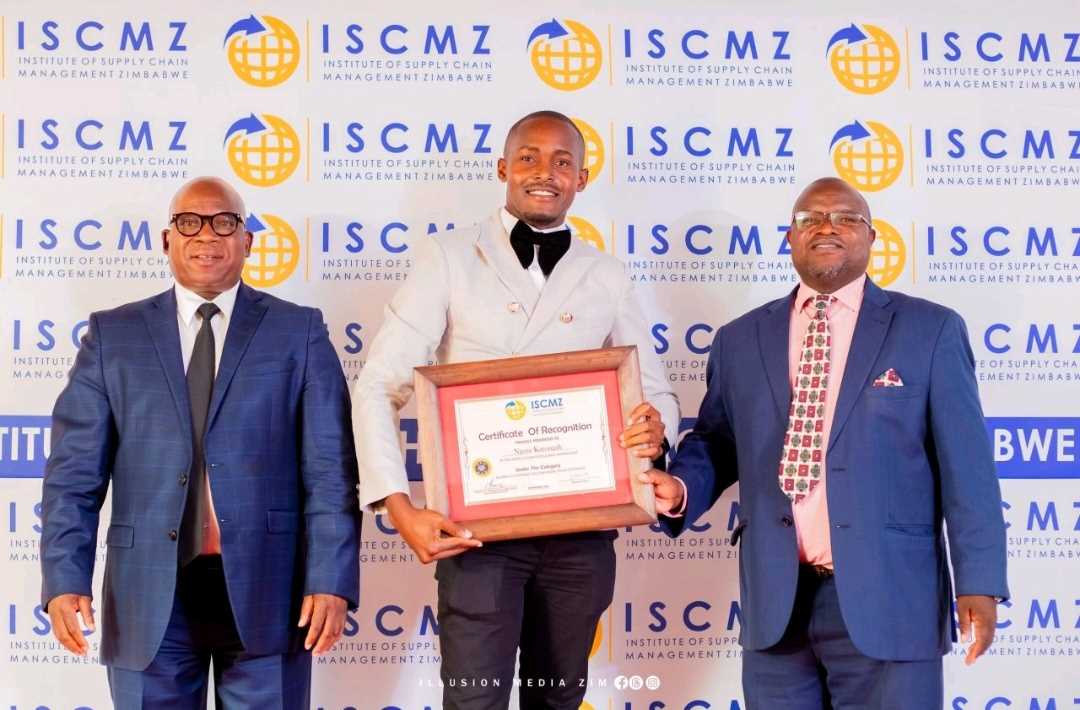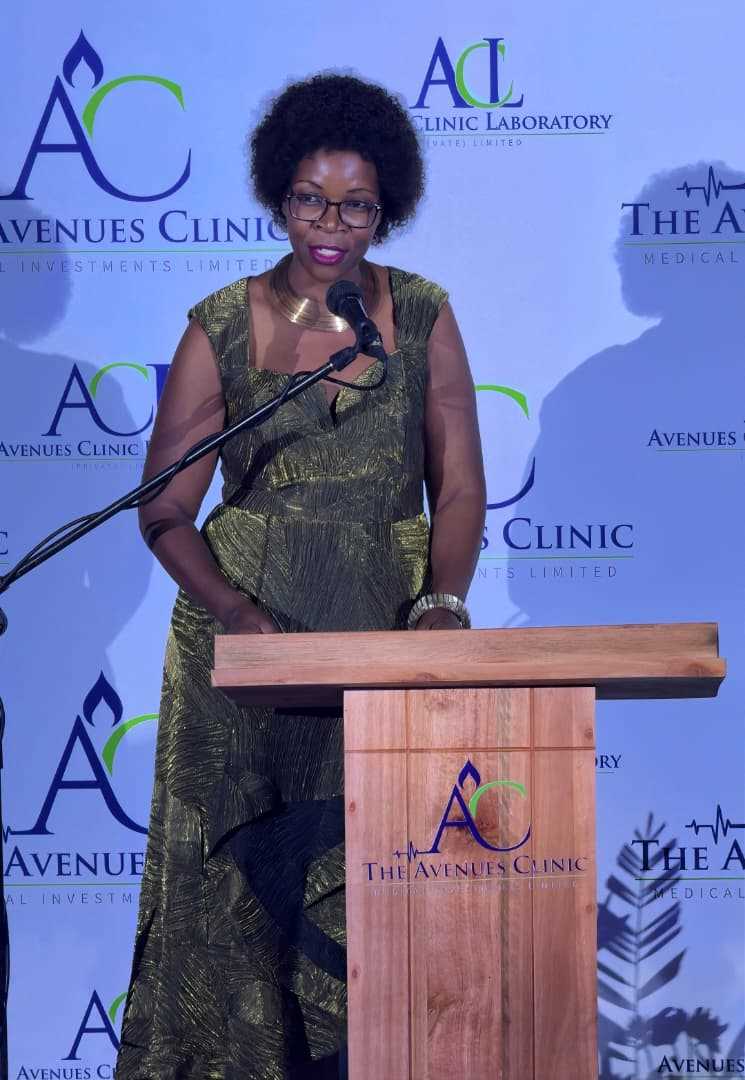
Nyashadzashe Ndoro
CHIEF REPORTER
In a bid to mitigate the impact of high inflation and economic uncertainty, First Capital Bank has expanded its credit line.
The bank has released its trading update for the first quarter of 2024, painting a picture of a challenging operating environment amidst economic uncertainty.
Its total income grew by 40% to US$20.5 million, driven by strong performance in net interest income and non-funded income.
However, this growth was tampered by elevated cost pressures, with operating expenses rising by 12% to US$10.4 million.
The bank’s loan book increased by 15% to US$91 million, while total deposits marginally increased to US$132 million. The funding was, however, augmented by recourse to lines of credit, whose drawdowns increased from US$2.9 million to US$16.5 million between March 2023 and March 2024.
The bank’s non-performing loan ratio continued to improve, closing at 7% as at 31 March 2024, down from 8% in December 2023 and 13% in June 2023.
Related Stories
However, this improvement was offset by the challenging macroeconomic environment, with real GDP growth projected to slow down to 3.3% in 2024, partly due to the impact of the El Niño-related drought.
The bank’s capital increased by 25% during the quarter, with the capital adequacy ratio at 35%, well above the regulatory threshold of 12%. The bank, however, notes the operating environment presents risks and opportunities, and the bank remains cautious about growth prospects in the medium-term.
“The operating environment presents risks and opportunities. The Bank remains positive about growth prospects in the medium-term through diligently harnessing the opportunities whilst exercising robust risk and cost management,” Company Secretary, Sarudzai Binha said.
Despite this optimism, the bank’s performance was marred by high inflation and exchange rate volatility, with blended annual inflation closing the quarter at a high of 55.34%. This prompted wholesale monetary reforms by the Reserve Bank of Zimbabwe on 5 April 2024, including the introduction of a new currency, the Zimbabwe Gold, backed by mineral and foreign exchange reserves.
The bank’s cost pressures remained elevated, with operating expenses rising by 12% to US$10.4 million in the first quarter of 2024 compared to the same period in 2023. First Capital said a rigorous rationalisation and optimisation exercise is currently underway to curtail cost expansion.
The bank’s outlook remains cautious, with the Directors not declaring a dividend for the quarter under review. However, the bank stated that it has mobilised an additional US$15 million line of credit from the African Development Bank, bringing the total available facilities from various regional and international funders to US$48.5 million.
The bank expects the increased capacity to support growth in key sectors of the economy and facilitate the anticipated economic rebound. However, the bank noted that its performance remains vulnerable to the challenging macroeconomic environment, and its growth prospects are closely tied to the country’s economic recovery.
Binha said the bank “remains positive about growth prospects in the medium-term ... whilst exercising robust risk and cost management”.



















Leave Comments